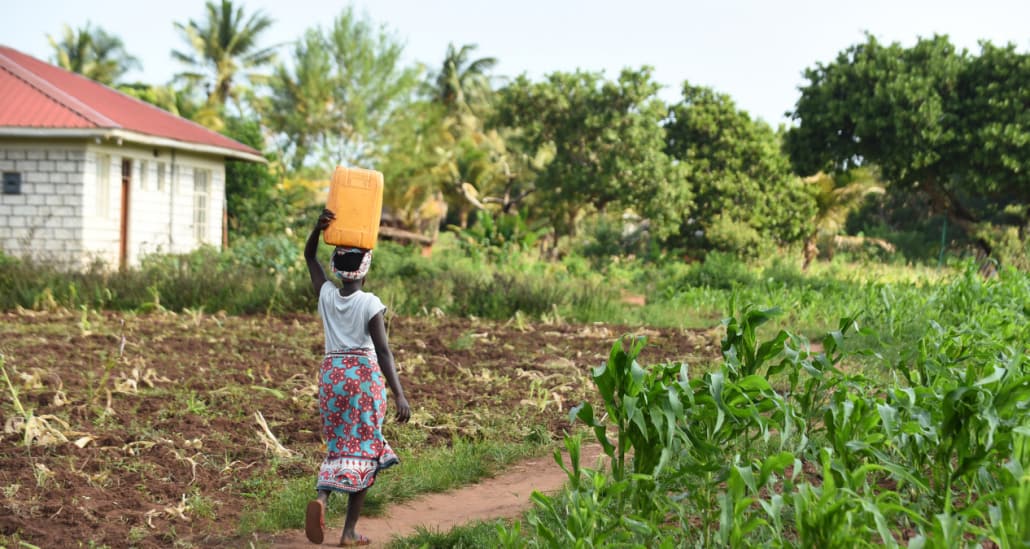On 22 March 2021 Corruption Watch (CW) made a submission to Parliament on the Upgrading of Land Tenure Rights amendment bill (Ultra bill). The organisation has received acknowledgement of receipt from the portfolio committee for agriculture, land reform and rural development, which is overseeing the amendment process.
The bill was introduced to the National Assembly on 6 May 2020, and passed on 1 December 2020. Its amendment was prompted by two Constitutional Court orders which found that the Upgrading of Land Tenure Rights Act (Ultra) was, firstly, unconstitutional because it discriminated against the rights of women to independently own property and secondly, that section 3 of Ultra was inapplicable in the former apartheid homelands of Transkei, Bophuthatswana, Venda and Ciskei.
Section 25(6) and (9) of South Africa’s Constitution obliges Parliament to pass legislation that ensures that a person or community whose tenure is legally insecure as a result of past, racially discriminatory laws or practices, is entitled to either tenure that is legally secure, or comparable redress. CW noted in its submission that these rights are, in practice, threatened and undermined by both the state and private parties through laws, policies and practices that do not adhere to those constitutional provisions.
Our concerns focused on the fact that the Ultra bill does not make sufficient provisions for certain key parts of its stated objectives, which are as follows:
- to provide for the notice of informing interested persons of an application to convert land tenure rights into ownership;
- to provide for an opportunity for interested persons to object to conversion of land tenure rights into ownership;
- to provide for the institution of inquiries to assist in the determination of land tenure rights;
- to provide for application to court by an aggrieved person for appropriate relief;
- to provide for the recognition of conversions that took effect in good faith in the past.
We welcomed the amendment of section 2 to reflect the Rahube v Rahube and Others Constitutional Court judgment that declared Ultra section 2(1) unconstitutional because it provided only for the automatic conversion of the deeds of grant – given exclusively to men during the apartheid era – and made no allowance for objections to be raised. The law only recognised men as the head of the family and as legal land owners, which is a violation of women’s rights to equality in terms of section 9(1) of the Constitution.
Secondly, while the bill makes provision for interested persons to object to conversions, we noted that it fails to sufficiently provide for the institution of inquiries to assist in determinations of land tenure right, which is one of its stated objectives. We emphasised the importance of ensuring that holders of vulnerable rights are able to access any information relating to processes that will impact their constitutionally protected rights to land.
We also raised concerns that, with the removal of the automatic conversion of land tenure rights, the power to decline and approve conversions lies solely with the minister, giving him/her immense discretionary power which can easily be abused, to the detriment of ordinary citizens. However, by ensuring transparency, accountability and accessibility at all stages, this potential detriment will be minimised or eliminated.
Thirdly, we noted that section 14A makes provision for any person aggrieved by the conversion of a land tenure right – dating from 27 April 1994 – to approach a court for an order that sets aside the offending land tenure right, or for an order that is just and equitable.
However, as we pointed out, by only providing for such challenges to take place in court, the need for the protection of vulnerable tenure rights is overlooked, because the majority of South Africans do not have easy and ready access to courts. It is therefore concerning that the legislature would intend for courts to be the only remedy available for those aggrieved by conversions.
We urged the committee to recognise that the primary beneficiaries of Ultra are poor and marginalised members of society, who would struggle to find the resources for a legal challenge. We suggested the inclusion of dispute resolution mechanisms in relation to these provisions, as an alternative to approaching a court for relief.
We also proposed that the bill make provision for the establishment of an oversight structure or body, with remedial powers, to consider applications and make determinations.

